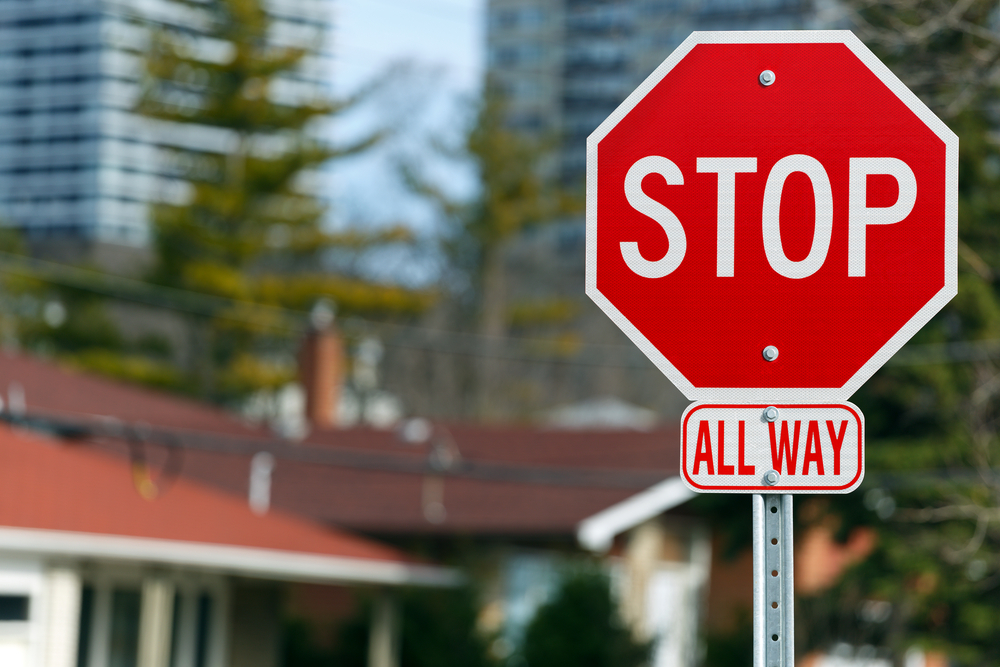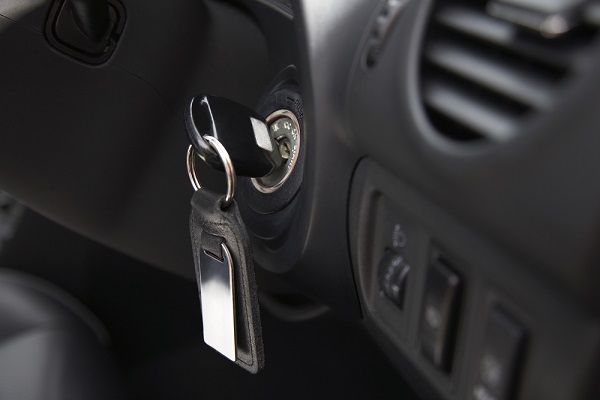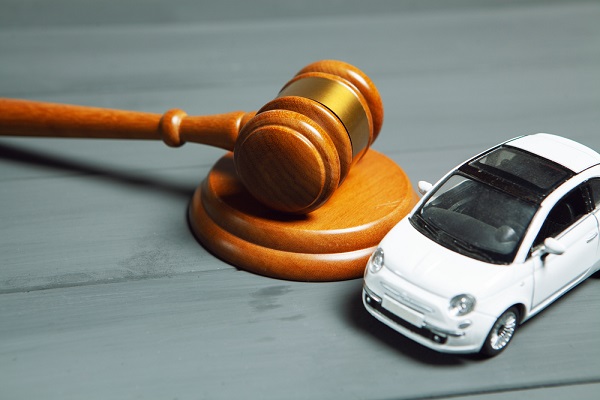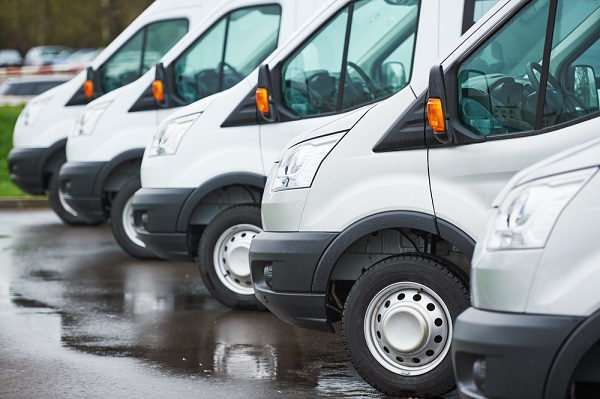Symbols 1, 8 and 9 and Non-Owned and Hired Auto Coverage
Can a general contractor with hired auto coverage hire a dump truck company and be protected in the event that the trucking company’s insurance was invalid or denied coverage?

Can a general contractor with hired auto coverage hire a dump truck company and be protected in the event that the trucking company’s insurance was invalid or denied coverage?

Severe events, inflation and supply chain-related concerns coupled with the strain on digital tools has led to increased dissatisfaction among homeowner clients.

State Farm’s record underwriting loss was due to rapidly increasing claims severity and significant additions to prior accident year incurred claims.

An insured vehicle is pulling an owned, non-insured trailer. An uninsured motorist ran a stop sign and broadsided the trailer pulled by the insured vehicle.

The social media trend led to a wave of vehicle thefts and forced two prominent insurance carriers to announce that they will be limiting applications for coverage.

As 40% of consumers saw their rates increase, carrier ad spending has decreased and telematics adoption has stabilized after an initial surge, according to a J.D. Power report.

The Missouri Supreme Court ruled that, because the insurer was not given the opportunity to intervene in the case before judgement was entered, the earlier court ruling should be vacated.

“Rising claim costs have led to rate increases around the country,” says independent agent Kyle Fox. “This is due to both the increased cost of manufacturing complex parts and the technical specialization needed to service and repair them.”
A recession, coupled with the numerous other challenges facing the commercial auto insurance market, will certainly create additional headaches for the commercial auto industry.

With the increasing cost of insurance, inflated gas prices and supply-chain issues leading to rising costs for cars, the personal auto insurance market is on a bumpy road.
